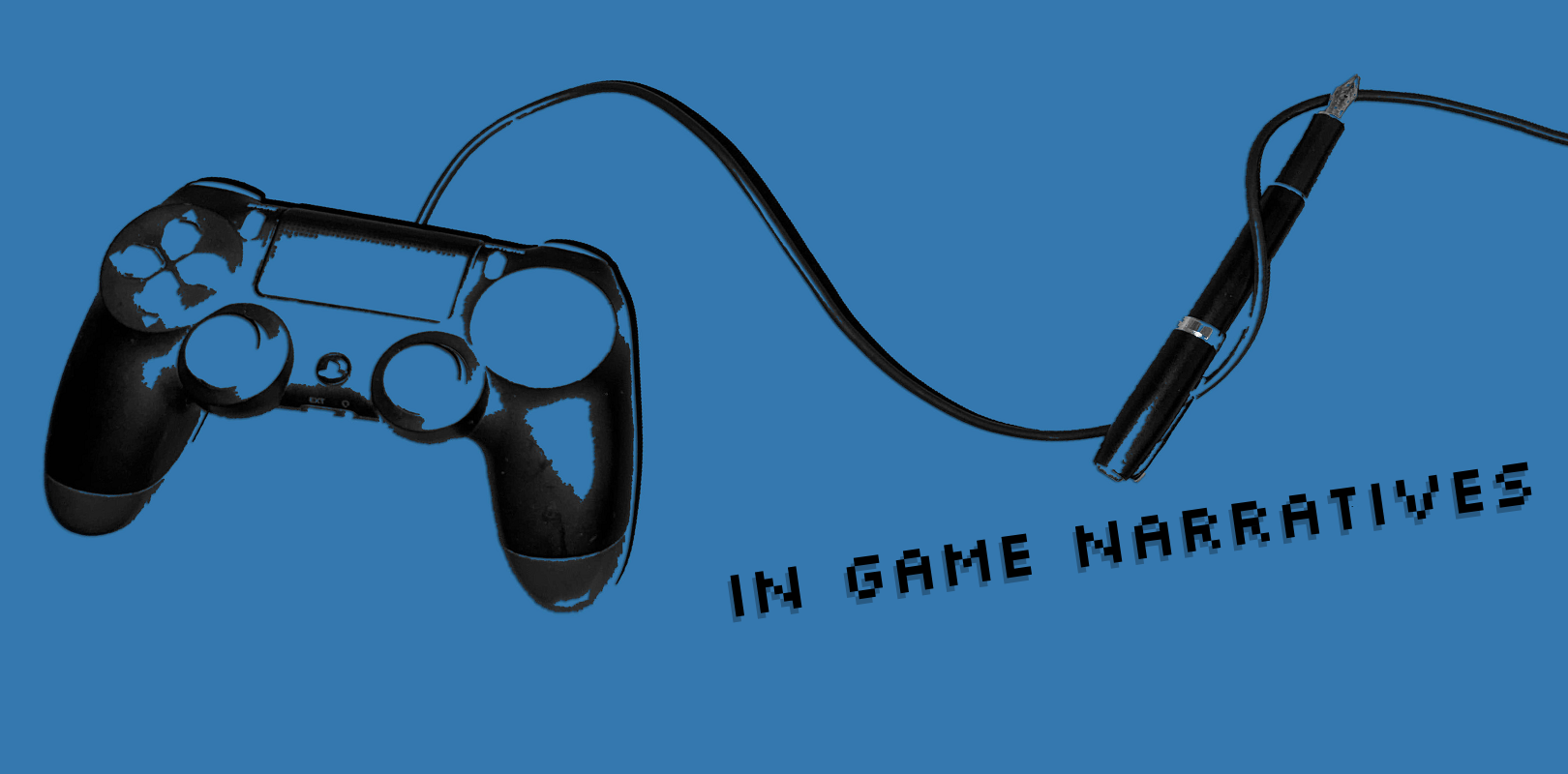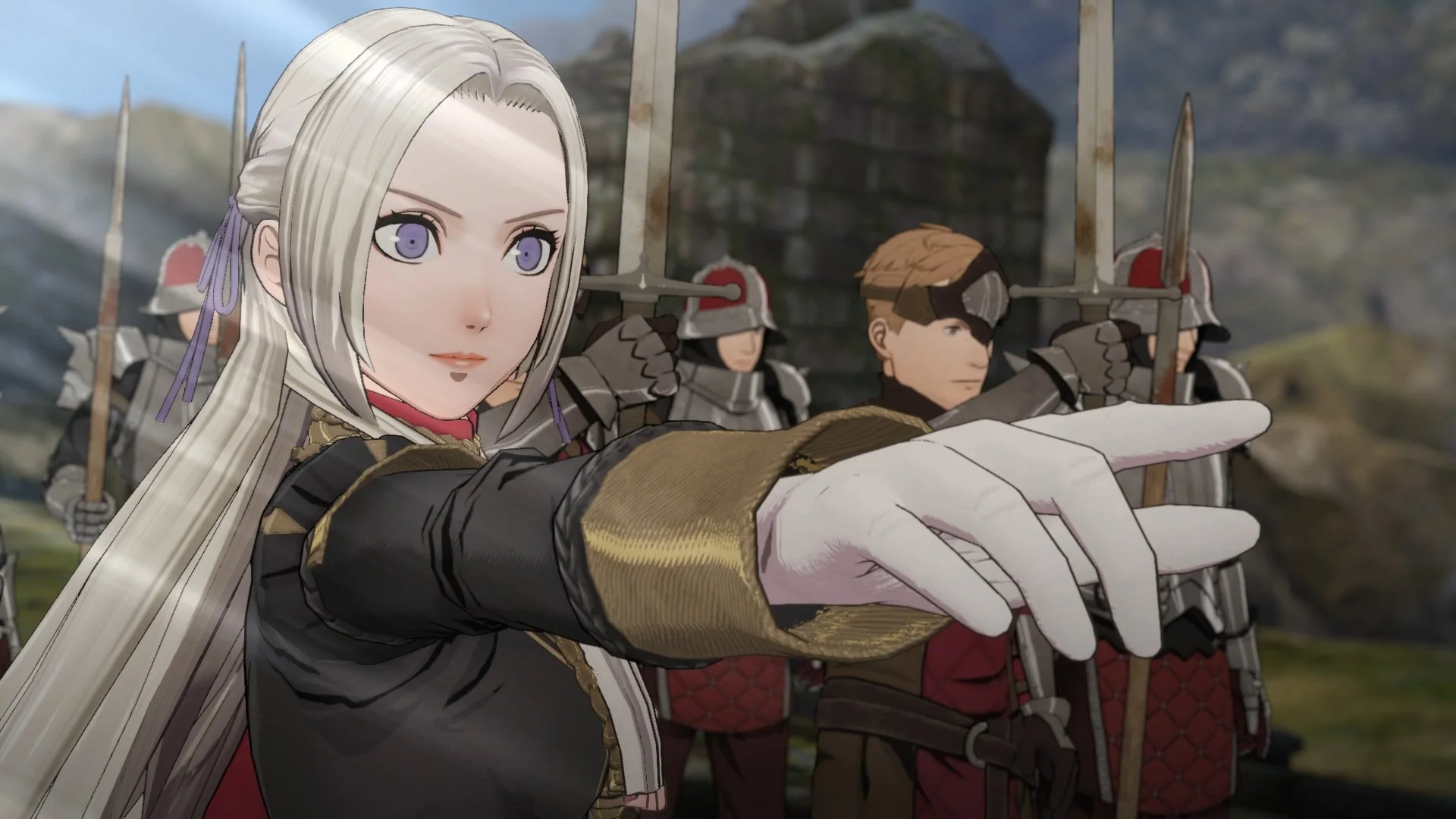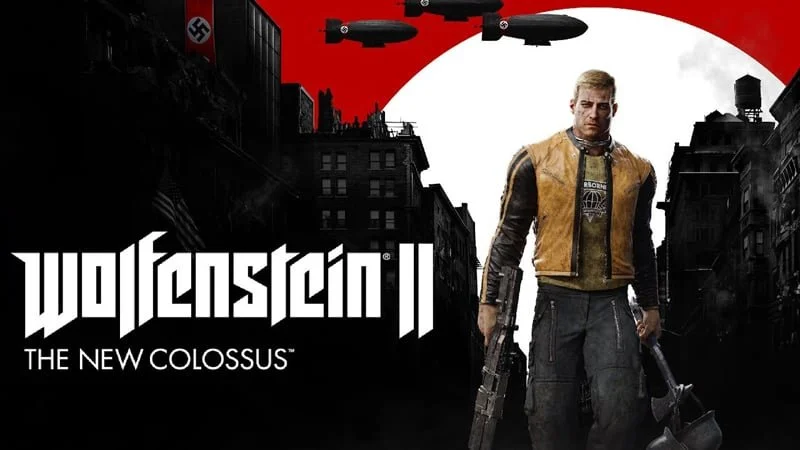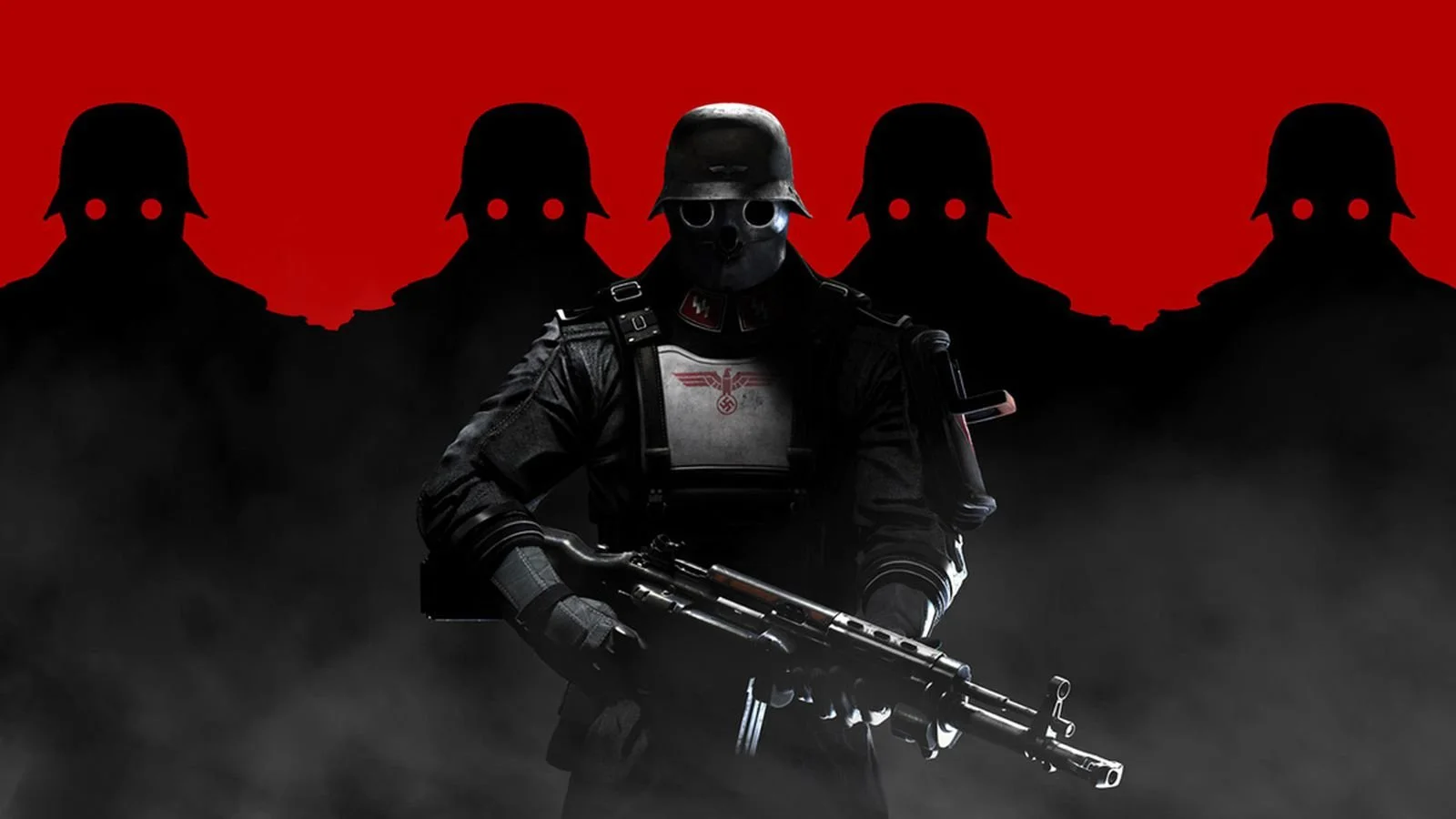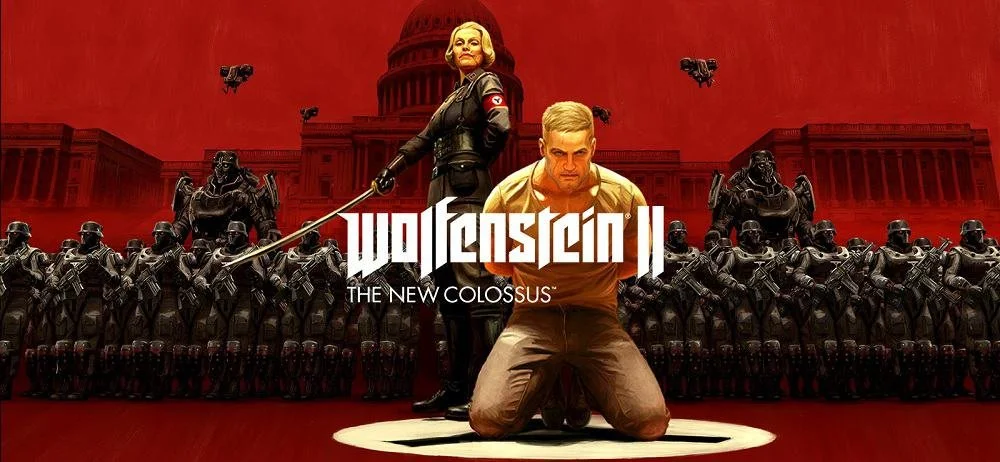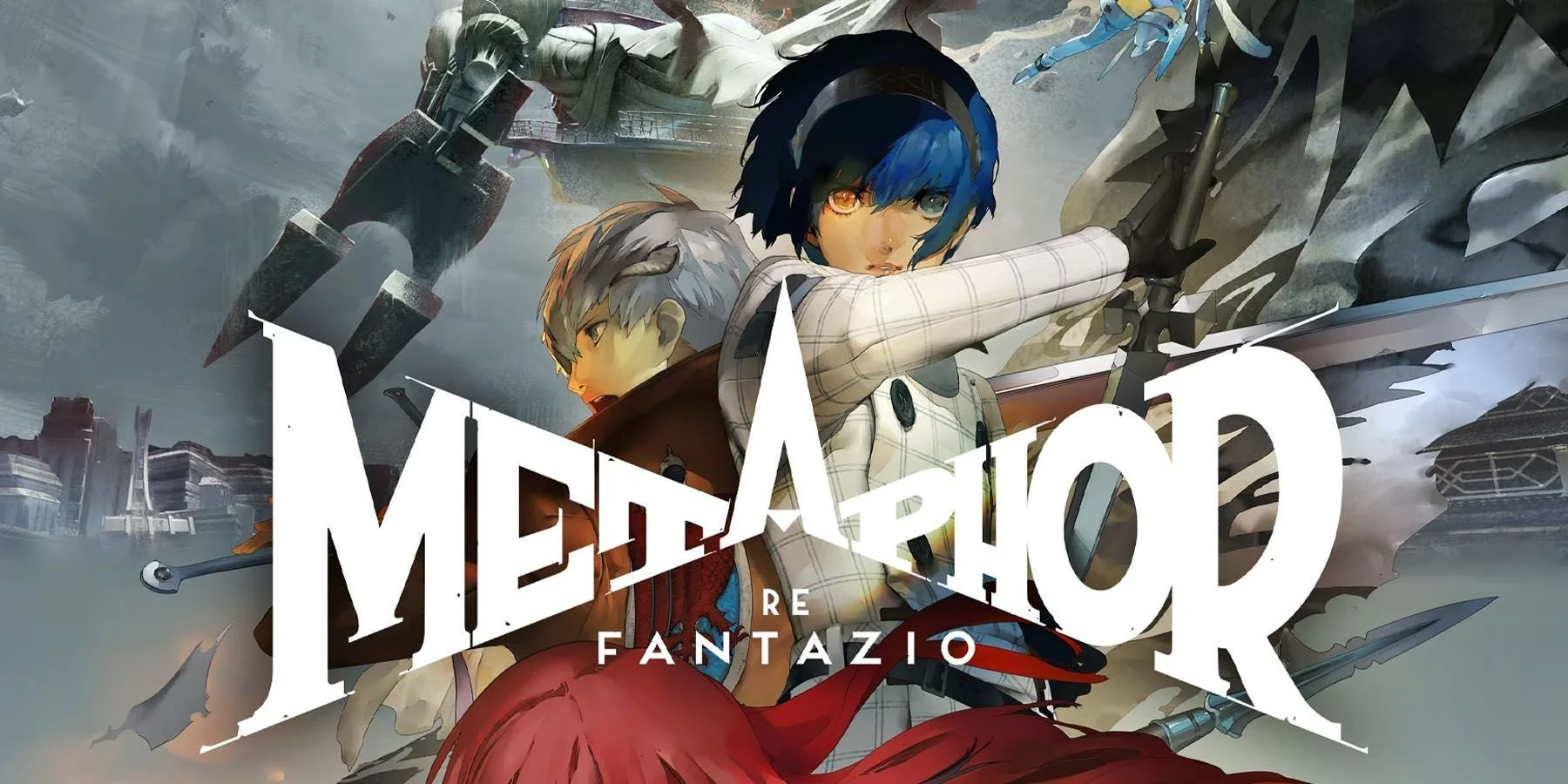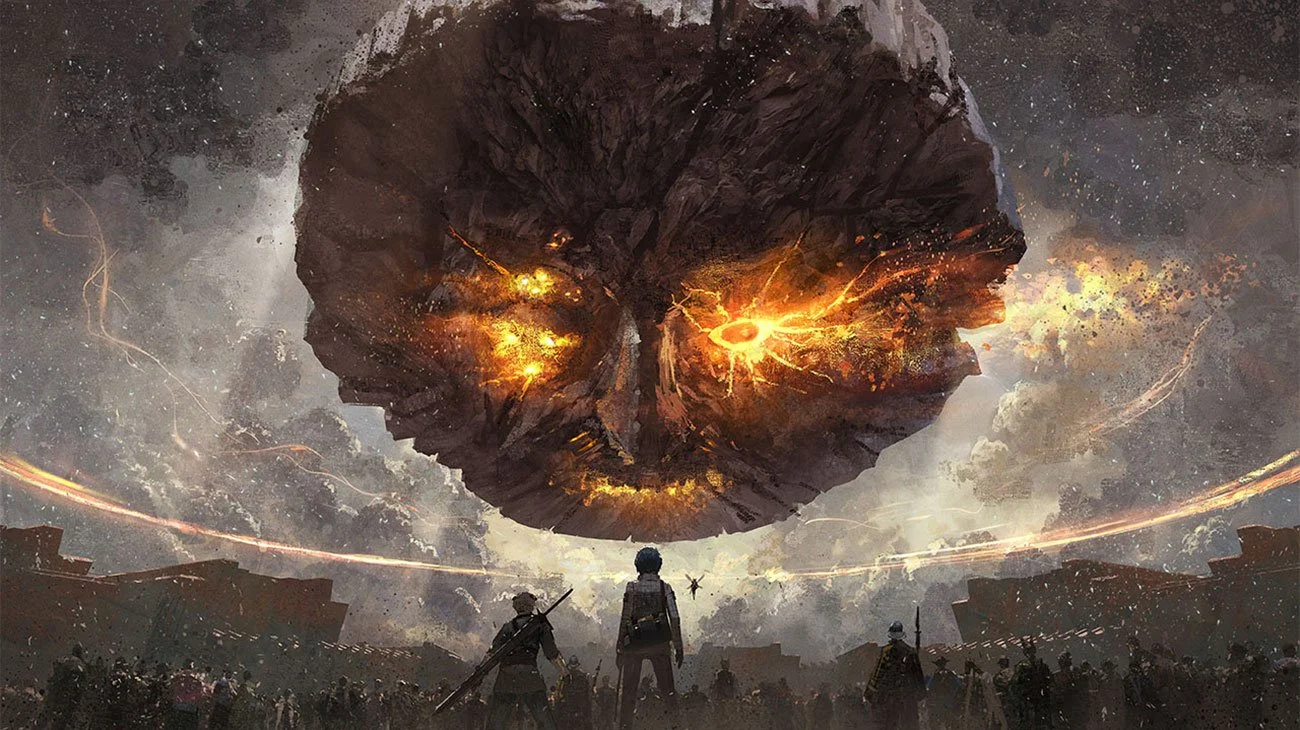The Wired Revolution Act III: How Fire Emblem Three Houses Shows The Aspects of A Leader
/By Nathan Moloney
courtesy of koei tecmo/intelligent systems/nintendo
How does the fight for a better world impact us and those we love? Fire Emblem: Three Houses answers with a resounding, “Pretty poorly!” This essay will focus on The Black Eagles route, so expect spoilers for that portion of the game. We will also be going deep into the character Edelgard Von Hresvelg, Emperor of Adrestia and a young revolutionary. If you’ve already beaten a route of Three Houses, feel free to read! If not, then do that before coming back!
Edelgard is unusual in her status as nobility in the continent of Fodlan, as she hates it more than anything. In comparison to Will and B.J from my prior essays, she starts the story at the height of power. The heir to a empire stronger than any other, with a house full of nobles who listen and support her as the emperor.
Yet there is one thing that she shares with those other heroes; she knows that this world is unfair.
Edelgard would be the last person to start a revolution in any normal world. Her crown is normally a supporter of Archbishop Rhea and The Church of Serios, attending he military academy the church runs. As a noble, she would benefit from this world. Yet there is one word she hates more than anything.
Crests.
Edelgard hates crests and the system made from them. Crests ensure a noble’s standing in their house, the weapons they can wield and the power they hold in society. It is also the source of her trauma, the vicious experiments that killed her siblings and shortened her lifespan. A victim of this repugnant system, she picks up an axe and declares the one word that would shape Fodlan for 5 years.
War.
courtesy of koei tecmo/intelligent systems/nintendo
Edelgard’s morals can certainly be questioned; she is not as noble a hero as Will and B.J are, but that is what makes her so interesting. She aligns with those who made her a victim and killed her family. She manipulates her professor (and player character) Byleth, as well as masquerades as the villainous Flame Emperor. Yet she does not allow this to break her or allow it to close her off from her allies. She makes friends, she laughs, she connects with those around her. They are not pieces on a chess board for her; they are people she deeply cares for.
The path her life takes is decided by the player choosing whether they want to join her or side with the church. In both outcomes, the player takes their whole party with them. Either uniting Edelgard with her allies or isolating her to her worse impulses. No matter what, the war she plunges Fodlan into rips apart everything.
Three Houses plays with a lot of perspective due to its multi route structure. To some, she is a great liberator racing to end the oppression of the masses. To others, she is a grand despot razing peace and life. Edelgard is all these things; she knows she can never be the perfect emperor, so she takes an axe to the rules and fights for her dreams.
courtesy of koei tecmo/intelligent systems/nintendo
Edelgard sums up everything I love about Three Houses. A complex character who is not always in the right, but who you can understand. She is not a noble hero like Will or a hardened man of war like B.J; she is a victim made into a flawed avenger. Despot, hero, revolutionary or fascist, the means don’t matter to her as much as creating her better world is. Her axe might need to break the bodies of otherwise good people, but she can take it. Better her than those she loves; that’s what makes her so good as a character. She is shaped by those around her; her fight is shaped even by the choice to play her route. Her fight could not exist without the bodies of her family, but Edelgard, the girl who would be emperor, likewise would not exist without The Black Eagles. Her axe is bloodied for them, and her revolution cannot succeed without them. That’s what makes her so special to me.
“If an opera is made about my life someday, I wonder how I'll be portrayed. The revolutionary who guided the Empire to a new dawn...or the foolish ruler who took her revolution too far." Edelgard Von Hresvelg to Dorothea Arnault, Imperial Year 1180
courtesy of koei tecmo/intelligent systems/nintendo
Nathan Moloney is one of our featured writers, and will be heading up the review section for IGN. Born in Oakville Ontario and raised between there and Toronto, Nathan aims to bring a wide range of experience to the team. Being a lifelong gamer, he has played everything from Lego Batman to XCOM 2 and Hades. With a particular interest in role-playing games, Nathan will bring his love of narrative into everything he does. Expect reviews telling you about what he loves and dislikes about the storylines in the games he loves, as well as powerful discussions about the revolutionary narratives in many video games.

